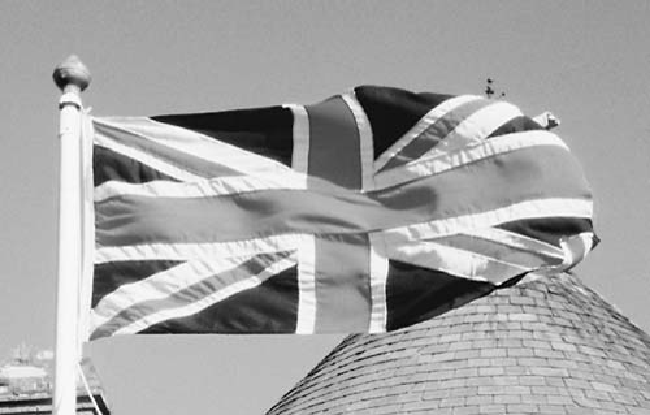Travel Reference
In-Depth Information
Irish politicians lobbied in the British Parliament for Catholic rights, reform of absentee-
landlordism, and for
Home Rule
—i.e., the return of an Irish Parliament and more self-
government. Meanwhile, secret societies of revolutionaries pursued justice through viol-
ence.
Daniel O'Connell
(1775-1847), known as The Liberator, campaigned for Catholic
equality and for the repeal of the Act of Union (to gain autonomy). Having personally wit-
nessed the violence of the French Revolution in 1789 and the 1798 United Irishman Re-
bellion, O'Connell chose peaceful, legal means to achieve his ends. He was a charismatic
speaker, drawing half a million people to one of his “monster meeting” demonstrations
at the Hill of Tara (1843). But any hope of an Irish revival was soon snuffed out by the
biggest catastrophe in Irish history: the Great Potato Famine.
The
Great Potato Famine
(1845-1849) was caused by a fungus
(Phytophthora infest-
ans)
that destroyed Ireland's main food crop. Legions of people starved to death or died
of related diseases (estimates range between 500,000 and 1.1 million). Another one to two
million emigrated—most to America and others to Canada and Australia.
The poorest were hardest hit. Potatoes were their main food source, because other
crops—grown by tenant farmers on their landlords' land—went to pay the rent and were
destined for export.

